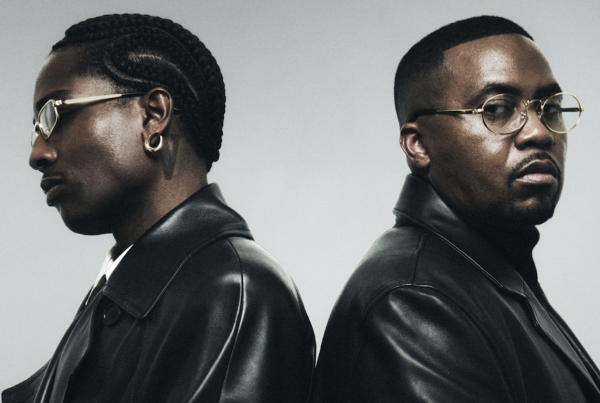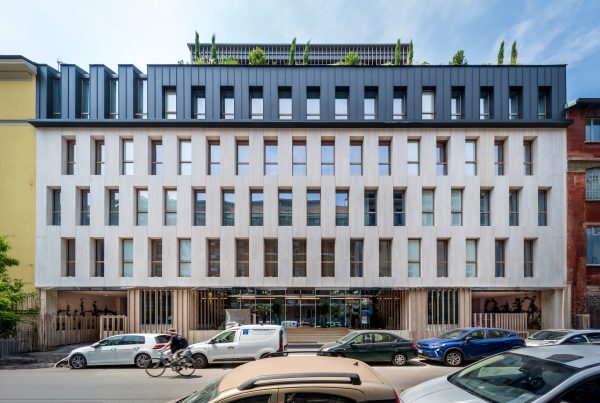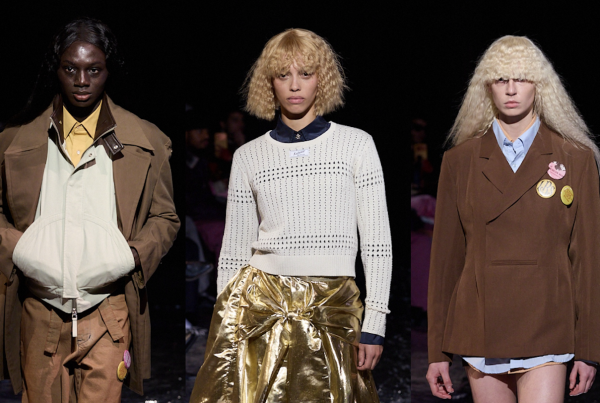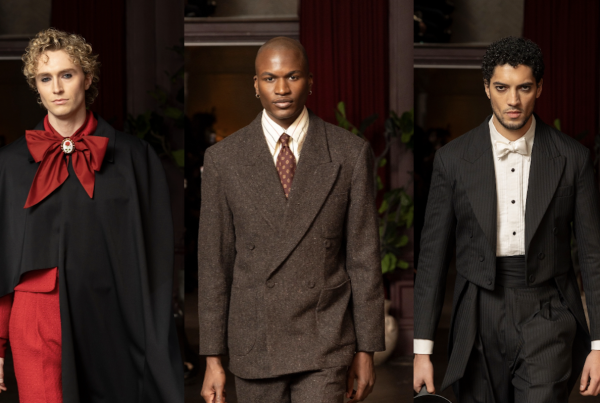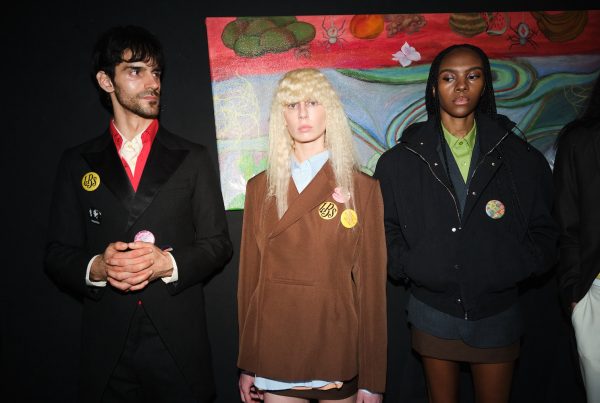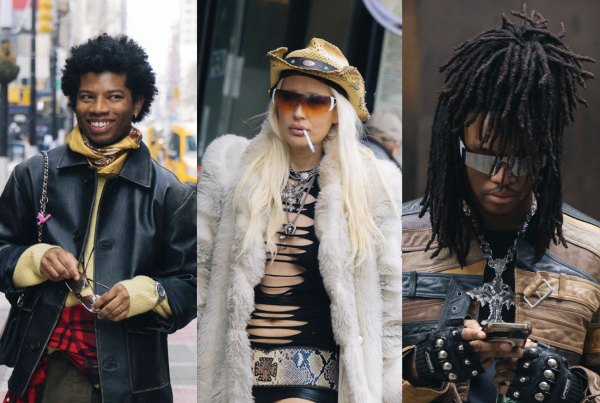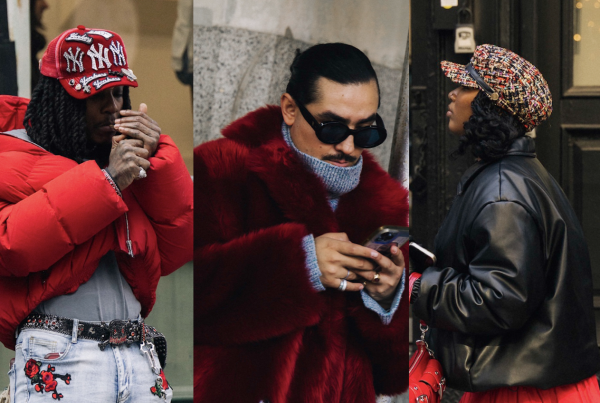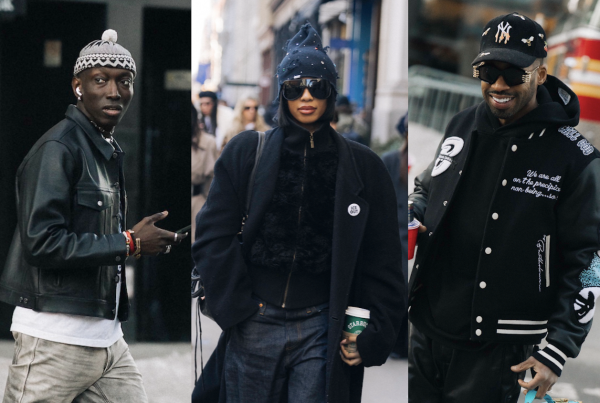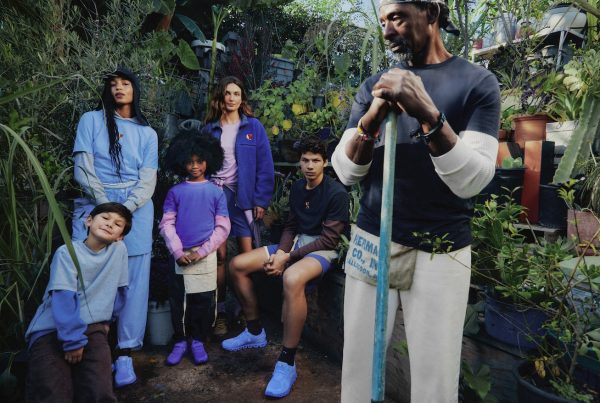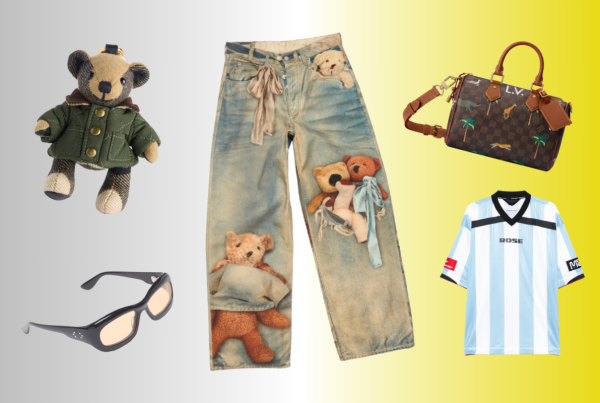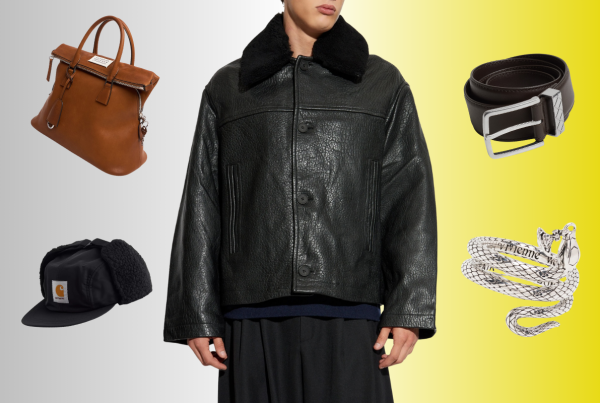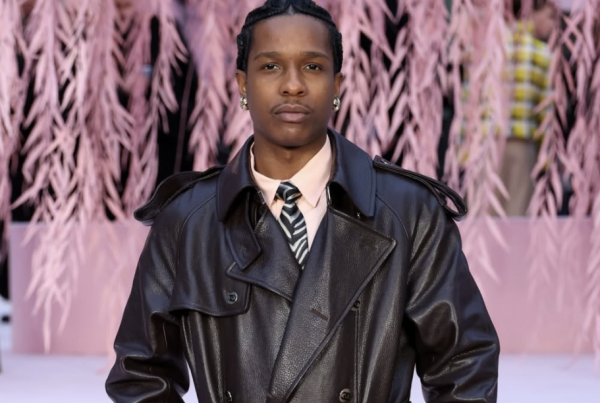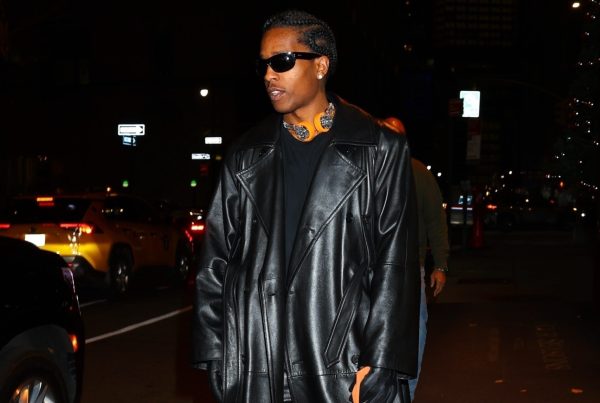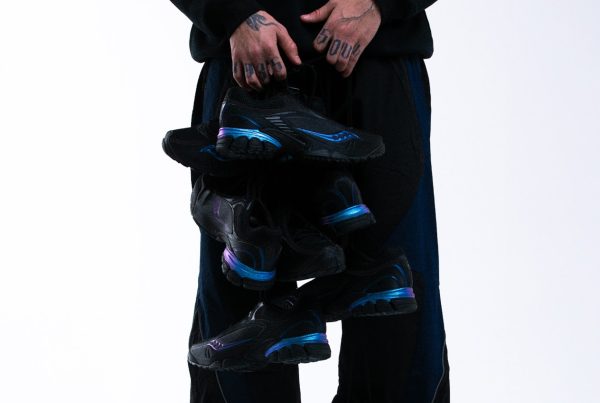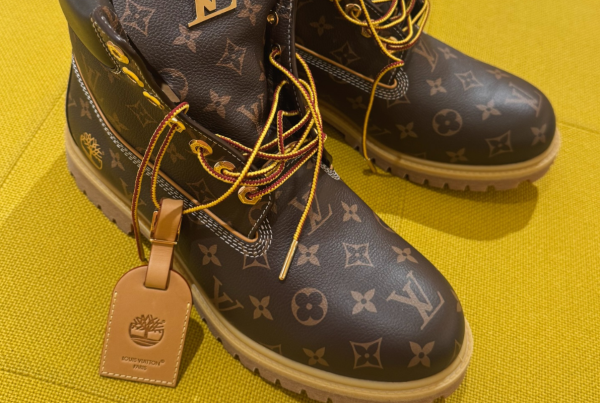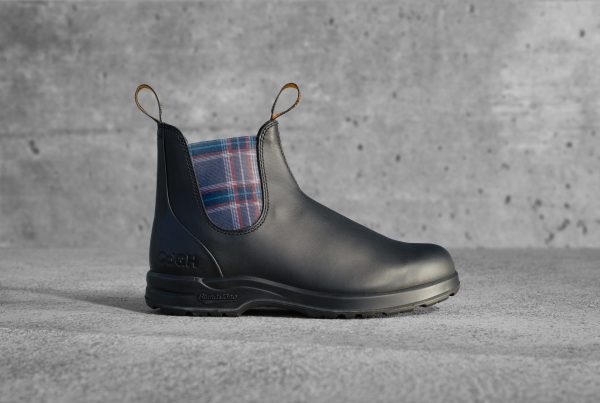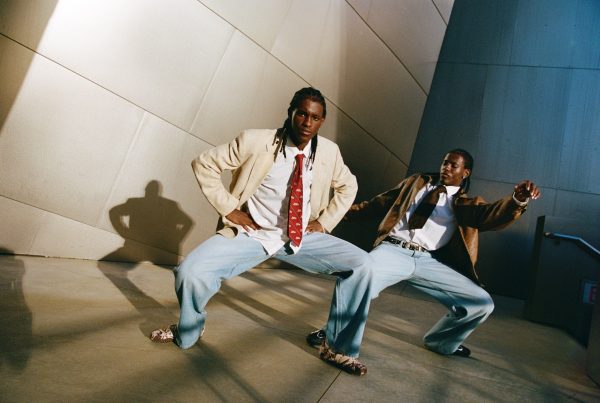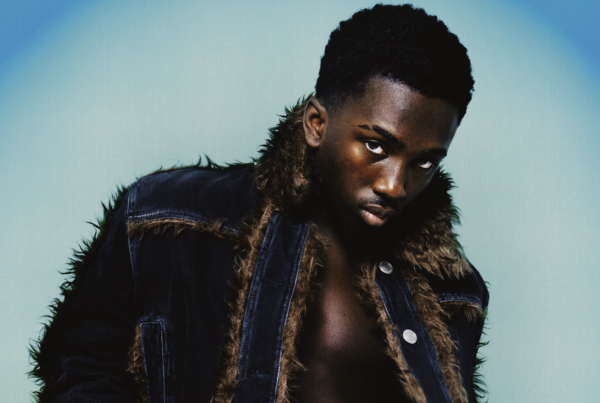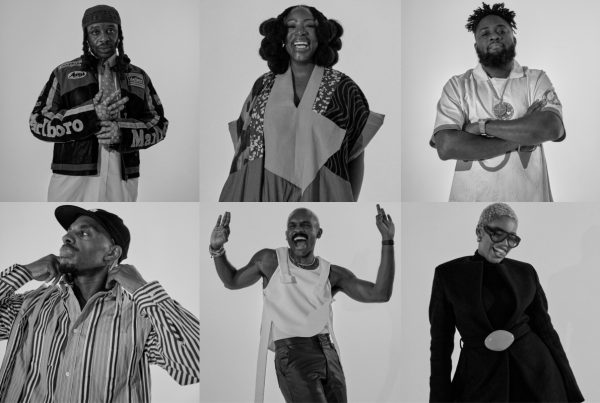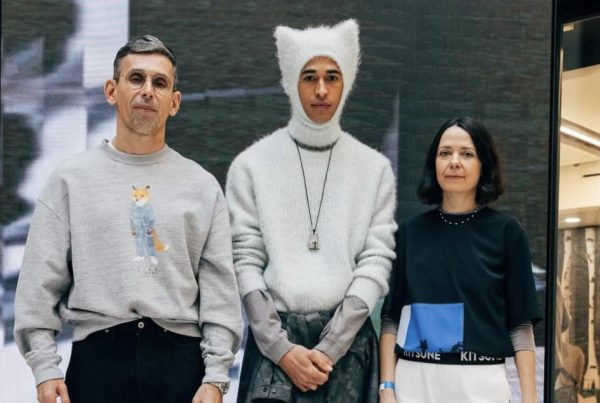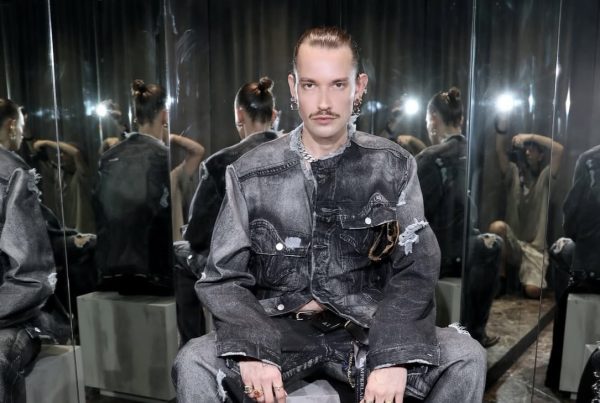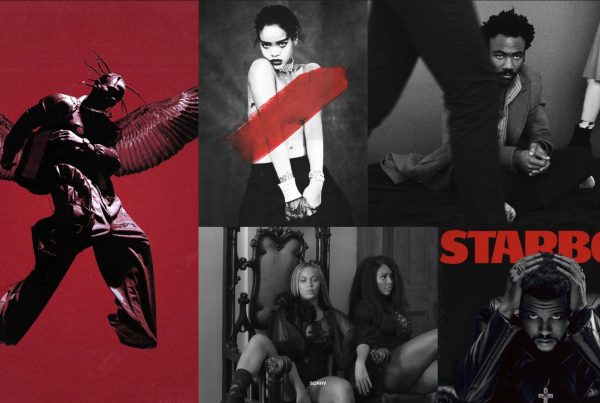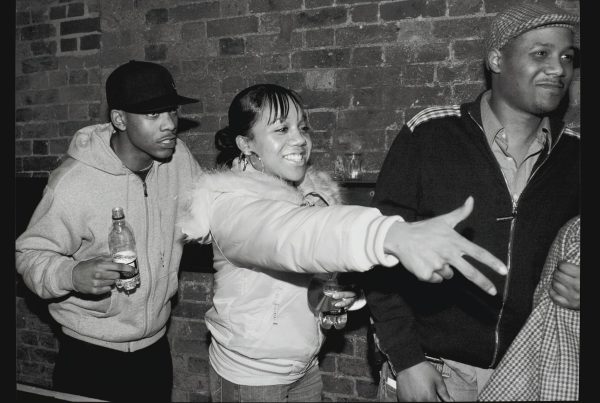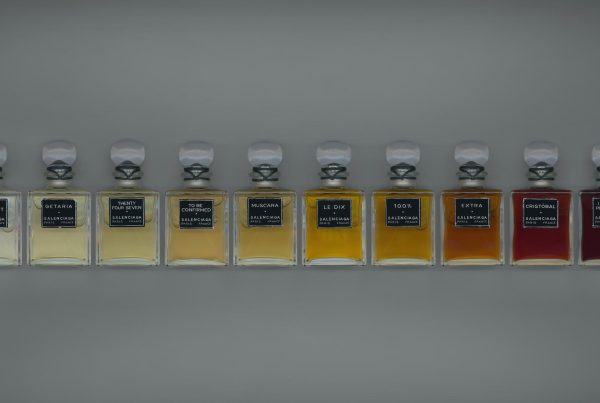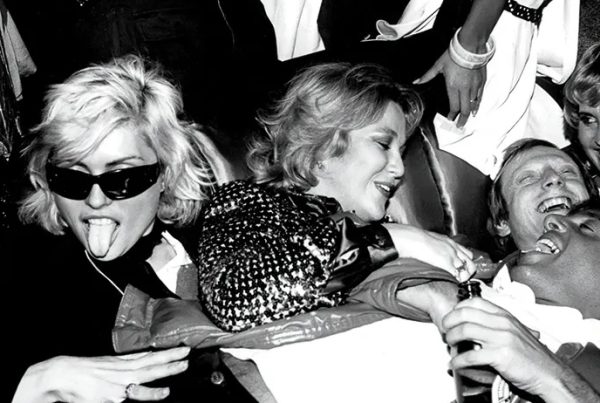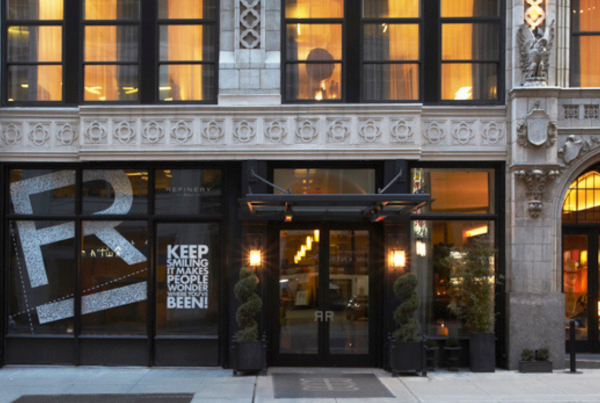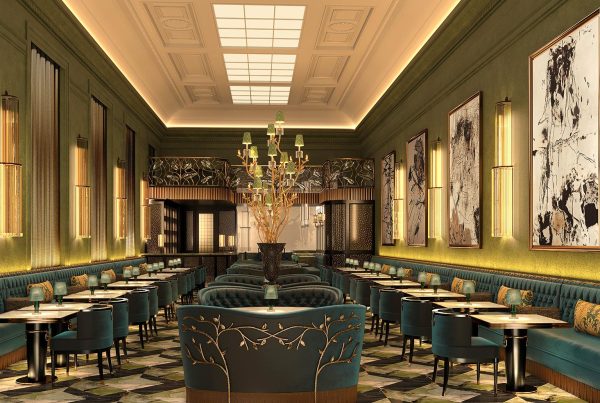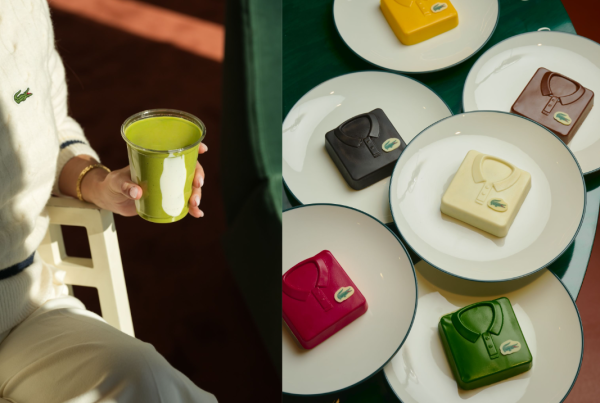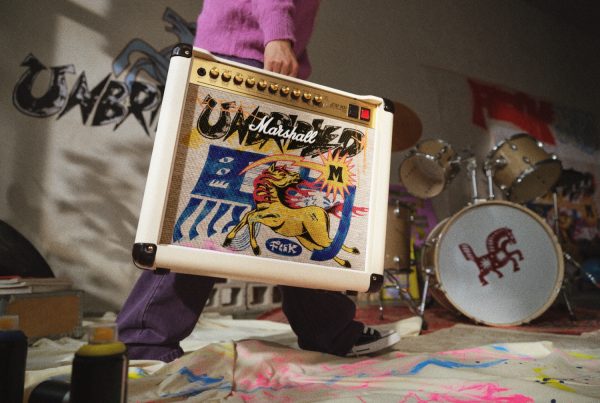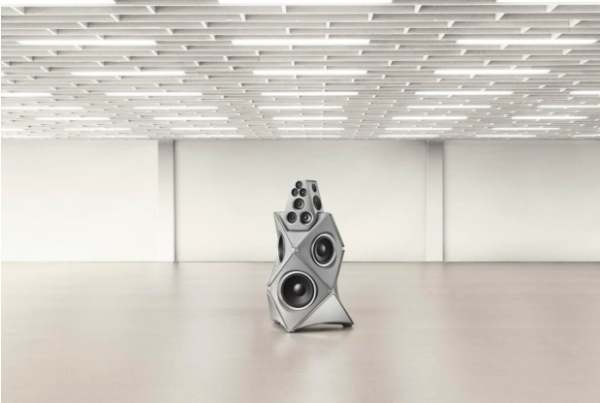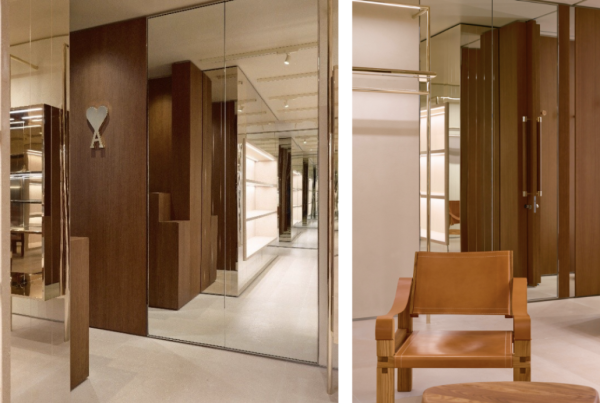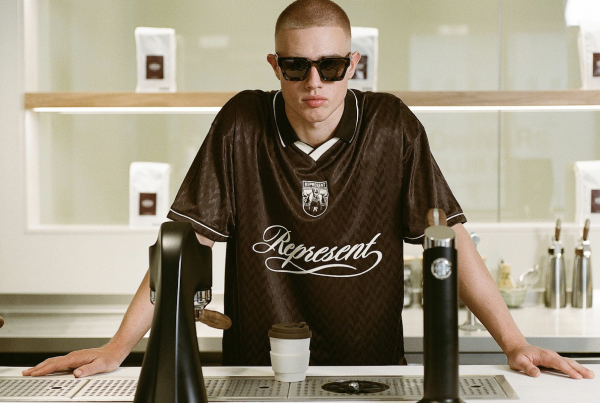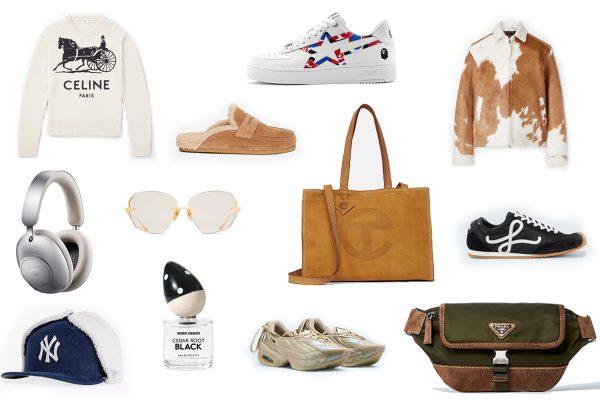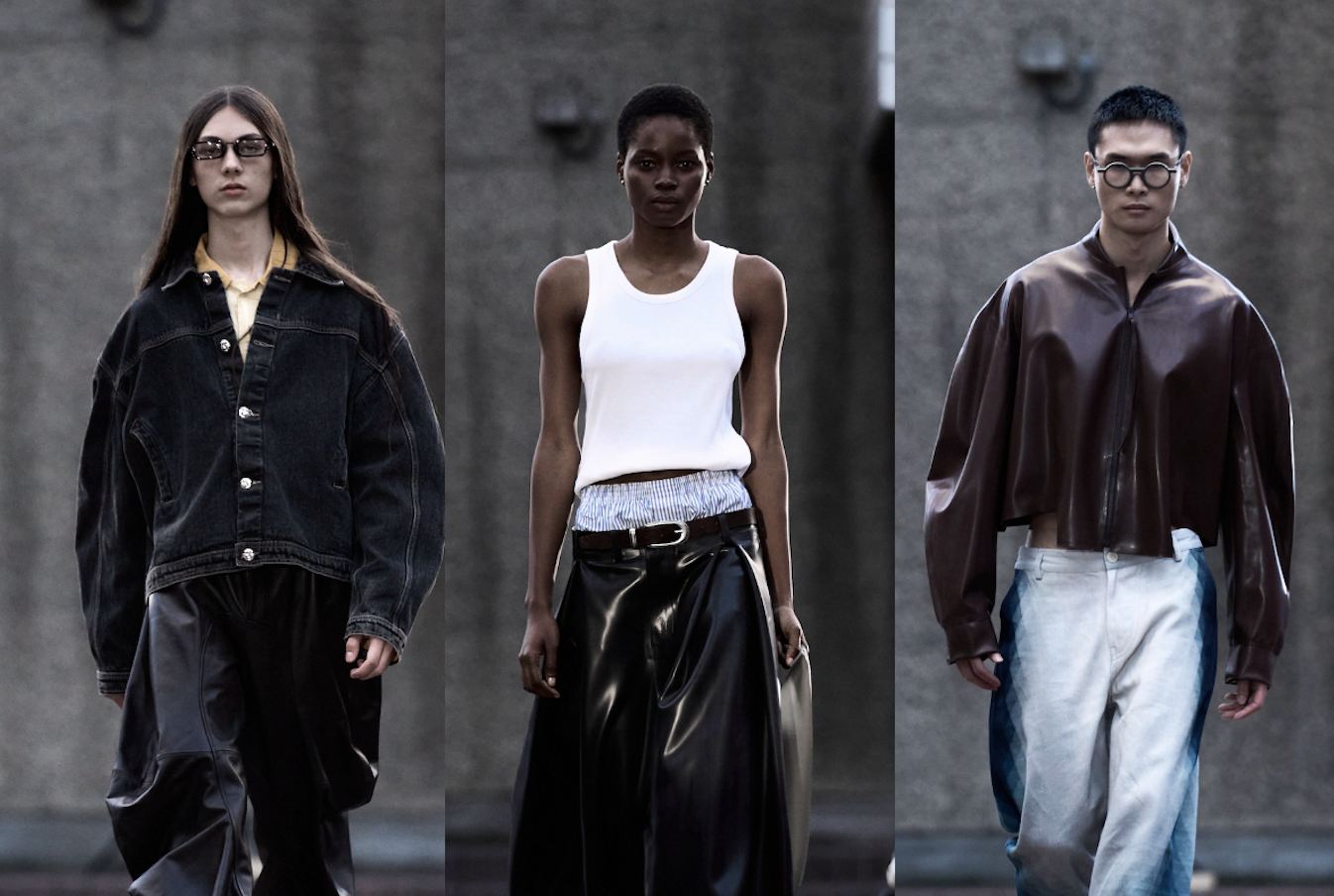In 2025, British men’s fashion is at a crossroads between new ideas and honesty. The fashion scene in the UK has changed to be more aware of the environment, with a mix of contemporary creativity, urban character, and environmental awareness. It’s not just what men wear that makes sustainable street style popular; it’s also why they wear it. Men are dressing with purpose, from the graffiti-covered alleys of East London to the artistic streets of Manchester and Bristol. This shows how dressing up can be both stylish and good for the environment.
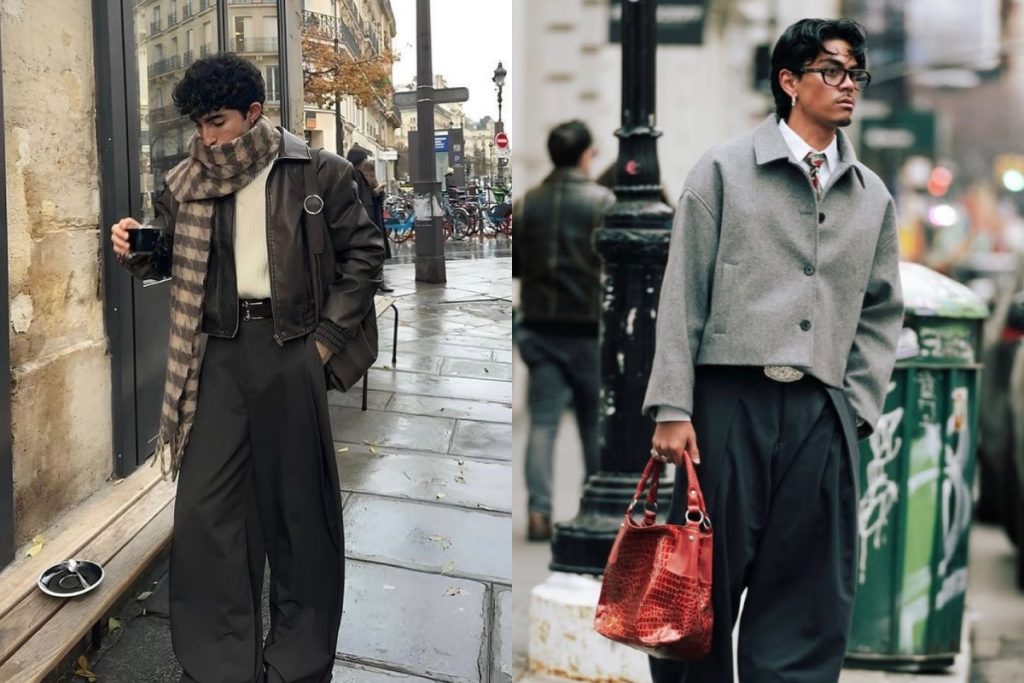
Fast fashion used to tell people what to purchase and when, but those days are over. The modern British man thinks about who makes his clothes, how they are made, and what they stand for. This change has made sustainability a key value in men’s clothing instead of just a niche issue. Men are no longer following the latest fads; instead, they are putting together wardrobes that express stories of craftsmanship, honesty, and responsibility. The new rule is “quality over quantity”, and timeless design is the new sign of status.
This change has been quickly accepted by brands all over the country. Pangaia, known for its eco-friendly materials and innovative science-driven fabrics, continues to lead the way. Finisterre, which started out in surf culture, is now a standard for clothing that is made in an ethical way and is good for the ocean. Meanwhile, Uniform Standard makes everyday items more sustainable by making minimalist trainers out of recycled leather and rubber. Even well-known brands like Burberry, Barbour, and Paul Smith are changing their collections to use eco-friendly fabrics and supply chains that can be traced. The result is a new British menswear ecosystem where style and morality meet.
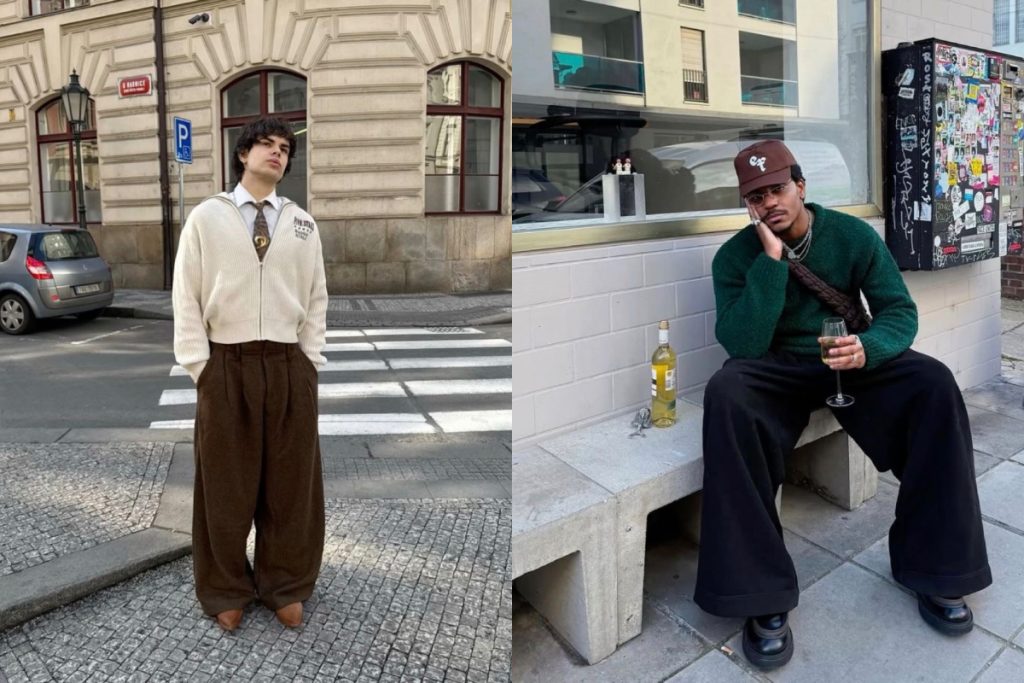
Streetwear has always been a way for people to show their individuality and rebel against the norm. Now, it has a new story to tell about sustainability. With soft tailoring, muted colours, and fabrics that are responsibly sourced, brands like Story Mfg., Cold Laundry, and Ardour World are changing the way urban fashion looks. The style is both natural and sophisticated, with big shapes and sturdy materials that are both comfortable and unique. It’s a new look for men’s clothing that appeals to people who value honesty over showiness.
Social media has greatly contributed to this change. Instagram, TikTok, and Depop are just a few of the platforms that have given rise to a new type of conscious creator: young men who share their journeys through thrifted goods, vintage remakes, and small-batch brands. They’ve made sustainability into a creative and community movement, like the friendship that comes from playing Tong-its, where every choice and card played affects the outcome for everyone. This shared view of fashion has made dressing with purpose feel more open, collaborative, and culturally relevant than ever.
Sustainability in menswear goes beyond looks; it’s a way of thinking that comes from respecting both people and the planet. It’s about knowing that every piece of clothing has a footprint and that making smart choices can have a lasting effect. British men are learning that their style can say something about their values, like supporting fair trade, cutting down on waste, and buying brands that care more about long-term responsibility than short-term gain. The change is small but very important: going from being a consumer to being a contributor.
The UK is still setting an example for the rest of the world as it moves towards a greener future. The rise of conscious street style has changed what it means to be fashionable by combining creativity, ethics, and individuality into one seamless style. British men are no longer just wearing clothes that are in style; they’re wearing clothes that mean something. By doing this, they are setting the standard for men’s clothing around the world: it is thoughtful, modern, and clearly real.


